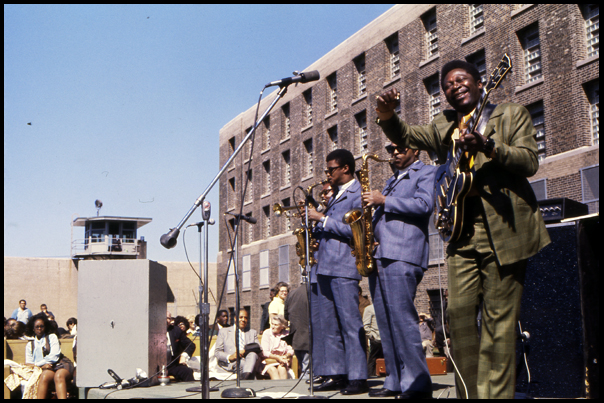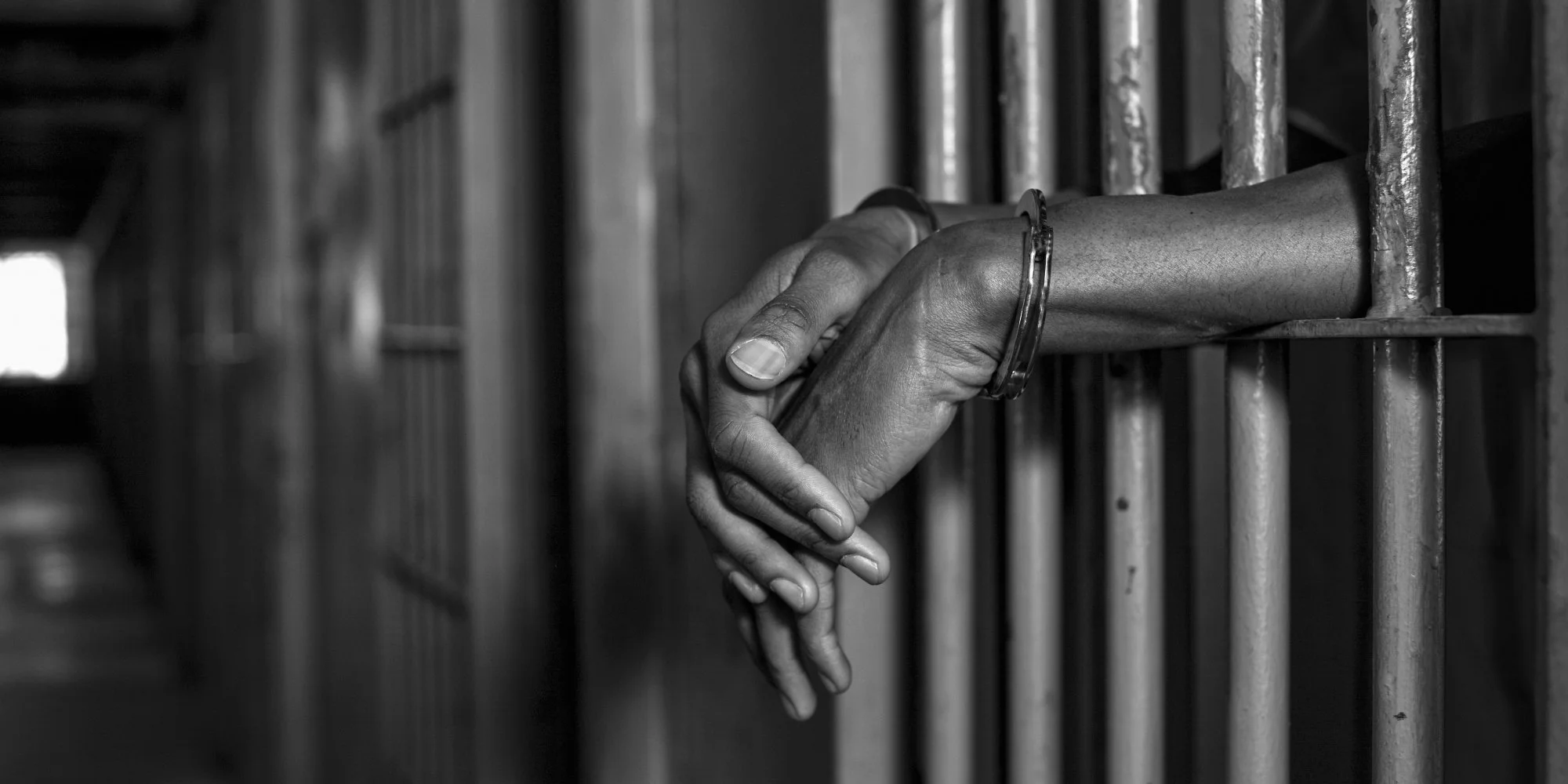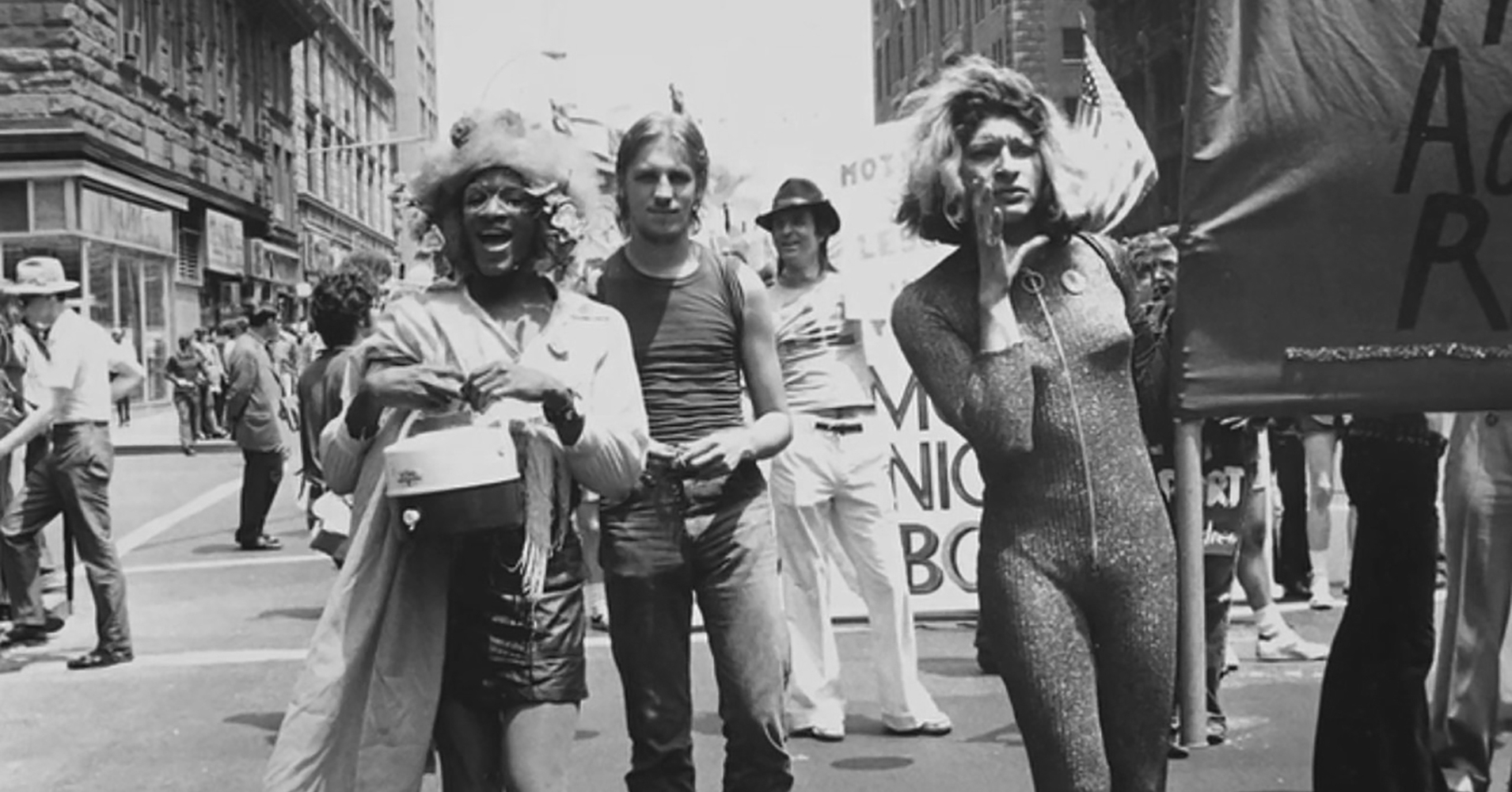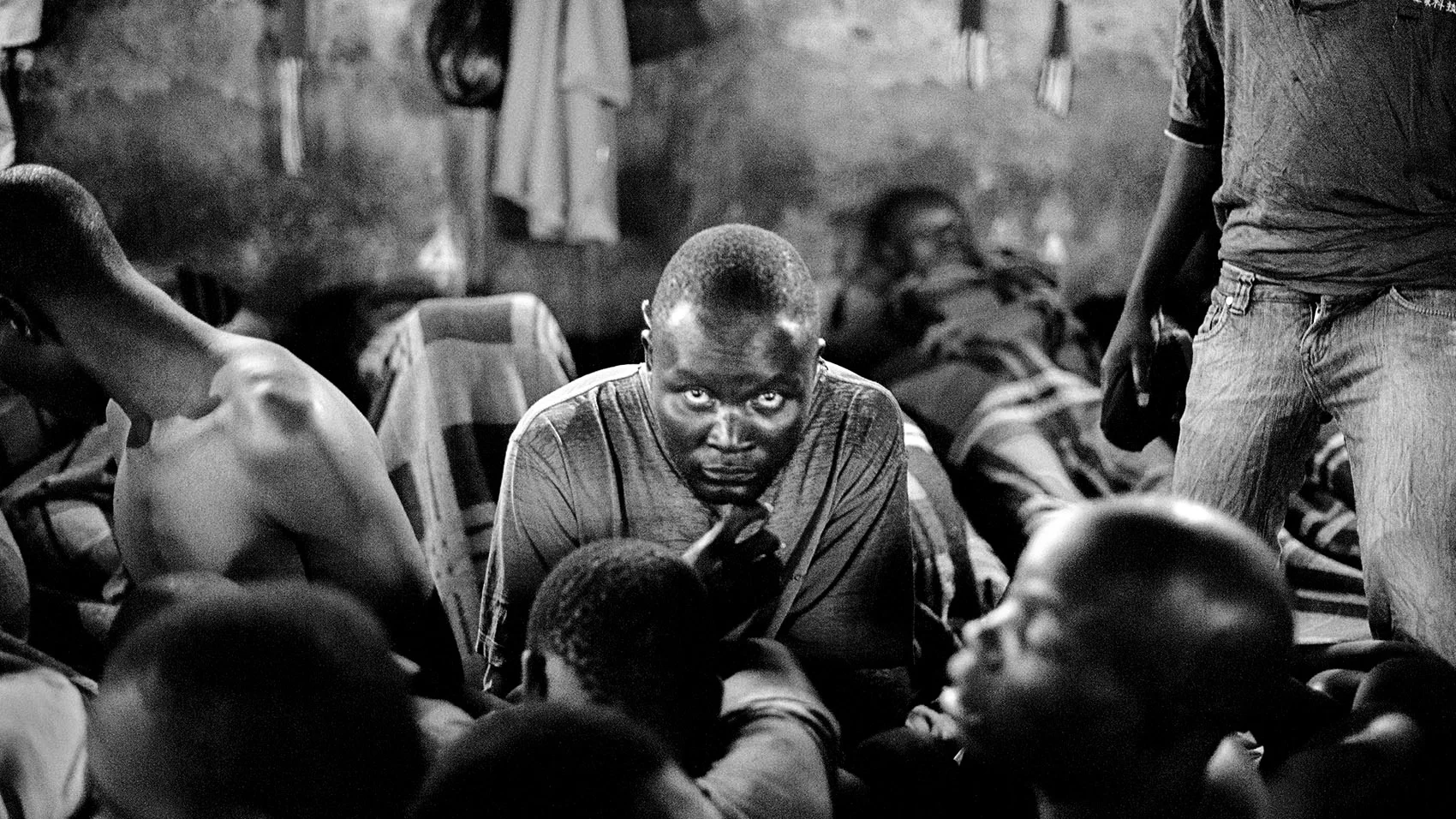Radical Act of ABOLITION

Artists Performing in Prison Is a Radical Act of Abolition
Three years ago, Eva Walker, the lead singer of the Seattle-based rock band, the Black Tones, began an arduous mission to perform at a particular institution that warehouses some of the most marginalized people in the United States—the Monroe maximum security prison in the State of Washington. In the spring of 2017, the band came closer to being able to share their music for a forgotten segment of the country’s population. For this all-Black rock trio, performing in prisons is a monumental action of radical solidarity that Walker is acutely aware of, deepening her resolve to make it a reality, despite set-backs on the long-term journey.
“I had always been interested in reaching out to the prison population, as they are an underrepresented population."
“I had always been interested in reaching out to the prison population, as they are an underrepresented population. I think it's important to remind them that there are people on the outside that haven't forgotten about them. I told my dad, who actually spent time in prison for bank robbery, what I wanted to do and he told me it would make such an impact on the lives of the residents there. Just showing up and taking time to share music with them,” Walker explains. Her father played in a funk band while he was incarcerated, experiencing a sense of creative release. “Music for him helped ‘bridge the gap between sanity and isolation’. I really do believe music is important and should be accessible to everyone. I want to help folks with music the way it helped my dad. Just because I'm playing music on the outside, doesn't mean it's only meant for or made for the outside. I also want to hear and give them the chance to express their own experiences through song, whether it’s a folk song, a rap, metal, whatever. I just want to hear them as well.”
Often unexplored is the role that art, music in particular, plays in eradicating the oppressive, politically-constructed barriers between the incarcerated population and the outside world. As millions of people of color continually disappear behind bars each year, arguments for prison abolition are gaining momentum. Prior to this revolutionary movement garnering attention in the academy, activist circles, and in public debate, the role of musicians performing in prisons, who also communicated with and acknowledged the humanity of an imprisoned populace, was indeed an insurgent act. In the 21st century, musicians still play a revolutionary role in creating joint community with incarcerated people, utilizing their artistic talents to break down barriers that eradicate the humanity of an oppressed collective.
A musician performing in prison is an act of abolition, as it actively re-imagines the institution beyond a space of white supremacy, anti-Blackness, anti-trans, anti-queer, and exploitative capitalism. Prisoners are offered a lifeline through creative expression, transforming their condition from objects of the system to that of human beings. “Everything in our capitalist prison system is to deny humanity, to turn people from people into things; no sex, no control over what food they have, no windows to even look outside, no upward educational opportunities, extremely limited movement, forced and hyper exploited labor, being sold and traded to fill prison and labor quotas, being given and sometimes called by numbers rather than their names. It is an ultimate thingification, a state of outright and complete denial of humanity in the utmost form,” writes prison abolitionist Devyn Springer. “That a system rooted in that act of racist, capitalist thingification can never be reformed into allowing humanity of its subjugated people to exist or flourish.” By extending their performances to prison, musicians interrupt the flow of carceral dehumanization, letting artistic expression create a sense of community between them and inmates.
Above: Johnny Cash at Folsom Maximum Security Prison & B.B. King at Cook County Jail
Recall legendary musicians who performed and even recorded music in jailhouses, such as Johnny Cash, Jerry Garcia, B.B. King, and the Sex Pistols. Johnny Cash’s time in Folsom Prison is undoubtedly one of the most notable prison performances; in 1953, the singer wrote the song “Folsom Prison Blues”. He soon paid a visit to the maximum security prison to perform in 1968. Three years later, B.B. King performed in Sing Sing, a maximum security prison in upstate New York. King previously recorded Live in Cook County Jail in 1971, a sonic documentary of the terse conditions for impoverished Black prisoners in Chicago. Common followed Cash’s lead by performing at Folsom State Prison in September 2017, hoping to inspire his audience. The hip-hop generation, deeply affected by the racialized tough-on-crime policies of the 80s and 90s, saw a legion of emcees record and release albums while incarcerated, with many using phone devices as a microphone. This creative utilization serves as resistance against the prison system as we know it to where a forgotten group breaks through the shroud of silence surrounding their predicament.
Walker and the Black Tones are determined to continue this radical tradition. When asked the particular process of trying to perform at Monroe penitentiary, she explains that it’s a difficult question to answer, but offers, “What I've done is reach out to people who have worked or work in prisons and seek the advice on how to do something like this. A lot of things have fallen through but usually due to the strictness of the prison, not because of the people I reached out to.” She’s still navigating through the difficult, drawn-out procedure. “We almost got to play in Monroe. I was in touch with one of the employees there, but something as simple as a miscommunication between staff caused it to fall through. We were so close! But we are just going to keep trying.”
Above: The Black Tones
Artists like Cash, King, and The Black Tones are the artistic vanguards of prison abolition in seeking to re-connect with incarcerated people, and provide avenues of community in ways that the prison system refuses to do. Their work must not be taken lightly, as it challenges the structure of the penitentiary as a place of inhumane punishment. Walker wants to not only have the Black tones play, but other artists and musicians as well. “Access to music and art and encouraging expression I believe is important for processing and coping,” she says finally. “As artists and musicians, our work is important, even if sometimes it feels like no one is listening or understanding, that doesn't mean it isn't affecting someone. I want it to be accessible to as many people as possible, especially an underrepresented population such as the prison population. It's also not just about sharing my work, it's also wanting to give them the chance to make their own music, provide a platform. I don't know the different reasons folks are in there, but they are in there. Whether it's a short sentence or a life serving sentence, the outlet of music is necessary. The only freedom some may get is the freedom of expression.”









